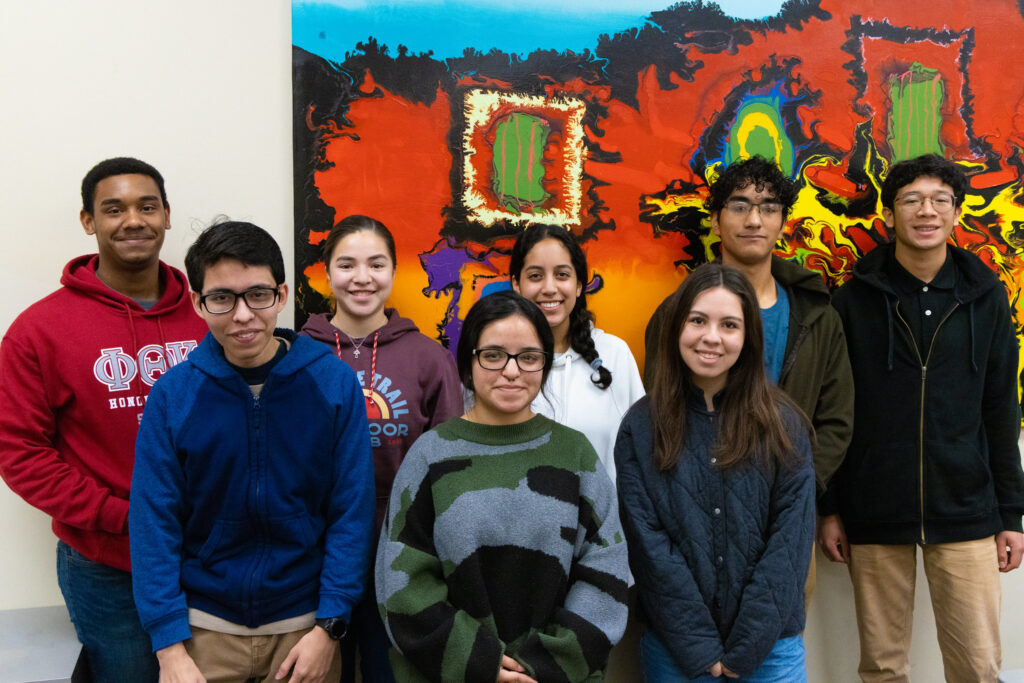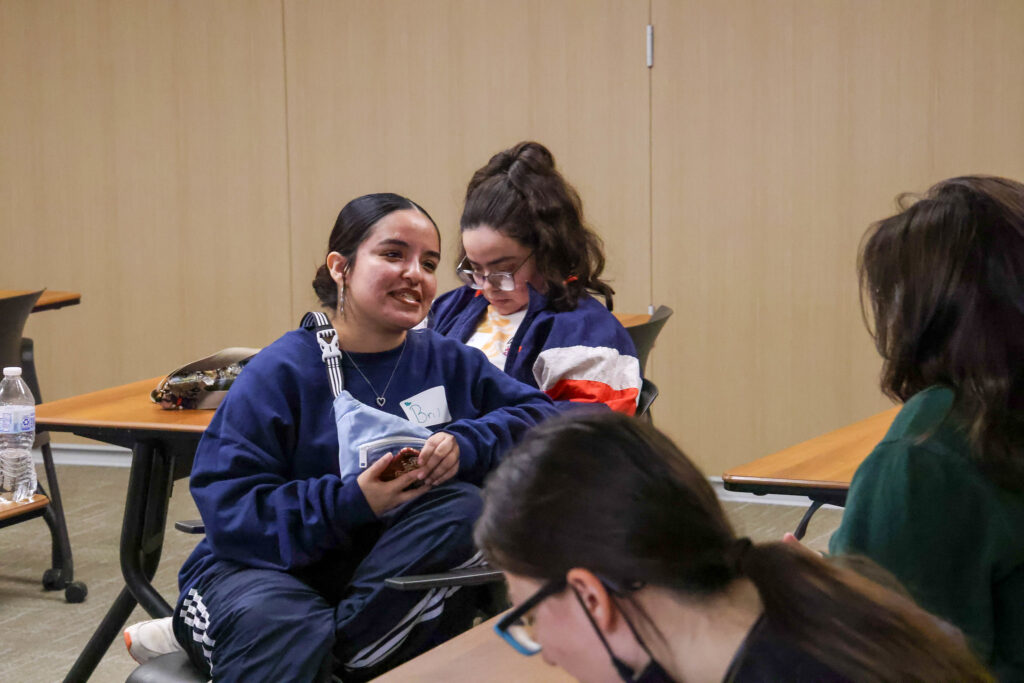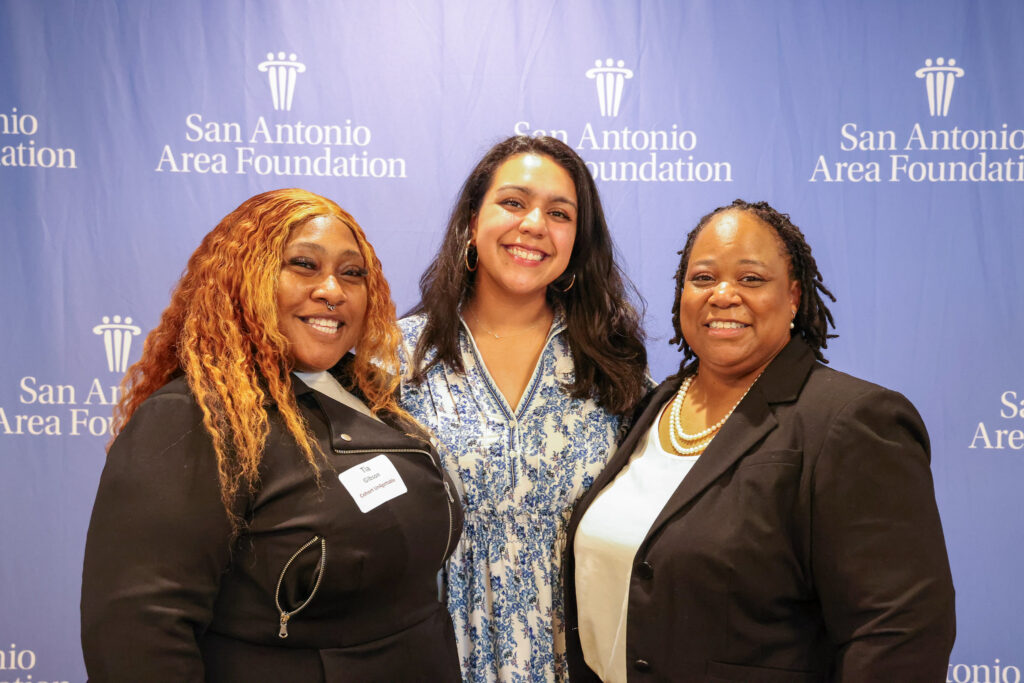Back to school time is a vivid reminder for high school seniors to begin the applying for college with the aspiration of continuing their education.
Normally, it’s a process filled with both excitement and nervousness as young people begin the first steps toward life on their own.
For first-time applicants – especially those from marginalized communities – the anxiety and pressure are ramped up even further. Their hopes and dreams are often tied to critical scholarships and other crucial financial aid programs.

This year was fraught with more potential pitfalls for students with the tumultuous rollout of the Free Application for Federal Student Aid (FAFSA). This U.S. Department of Education allows students access to the largest source of grants, loans and work-study opportunities in the country.
It also serves as a component of many students’ applications for non-federal funding opportunities, such as scholarships. This past year, a planned rollout of updates to the online form were met with glitches and errors that proved to be disastrous.
“From my understanding, there are some changes with the FAFSA occurring and this resulted in delays of students receiving their student aid reports,” explained Jennifer Ballesteros, Executive Director of Scholarship & Relief Programs at the San Antonio Area Foundation (SAAFdn).
“With that, students were, in some cases, having to submit that information for scholarship applications. This would help determine what the students would receive as part of that scholarship,” Ballesteros added.
For example, the Education Department announced that there was a miscalculation in its student aid index. Any forms that were delivered to schools with that information needed to be reprocessed. This had the potential to cause delays in funding and admission to schools for scores of students.
“The major concern we heard from the students was that they weren’t going to be able to qualify for scholarships in time to report that to their schools,” explained Ballesteros. “This caused more stress for them and their families. We heard from quite a few that they are thinking about taking on more shifts or hours at their work and for some to actually take on a job to be able to afford college.”
It became clear that there would be lengthy delays in students’ abilities to report their financial aid information, which would then impact the ability to apply for most scholarships. The deadline to apply for Area Foundation scholarships, for example, was Feb. 24 – around the time when FAFSA was slated to report their information.
“Practically, all of our students were impacted by this,” Ballesteros said. “Most of the students don’t necessarily come from the background where they have the financial means to be able to afford college on their own. For our scholarship processes, this was approximately 800 to 900 students who were affected.”
Thinking ahead to help alleviate some of these concerns, the SAAFdn scholarship team stepped in and took action. Proactively, staff began researching ways to help. They knew this was needed to help students cope with the address stress.

“We worked with our donors to try and figure out what some alternatives were,” Ballesteros noted. “We also looked to see if we could remove [the FAFSA information] from their applications from this cycle to remove this barrier for the students.”
The Area Foundation also allowed, where applicable, for students to submit FAFSA information from the previous year to fulfill some scholarship requirements. This allowed them to go through the process while allowing Area Foundation staff its donors to get a greater understanding of their financial situations and needs.
“We communicated to all of our students that were directly impacted and we let them know if they had any questions or if they were concerned that their FAFSA information wasn’t going to get there in time to reach out to us,” said Ballesteros. “We reminded them that there were options. Taking those calls and emails really helped to reassure the students and their parents that we would be able to resolve their issues on our end.”
The Area Foundation runs the largest college scholarship program in the San Antonio region, managing more than 120 scholarship funds. It also manages the separate Legacy Scholarship Program, one of the largest in the nation. Click here to find out more about our scholarship work and how to get involved.
Eric Moreno is a contributor to the San Antonio Area Foundation’s Storytelling Ambassador Network.

